Originally posted by Derek Kortepeter Sonicbids Blog | Jan 20, 2015 09:00 AM
Being a person who seeks to create music and release it publicly requires an intense amount of drive. Passion without direction, however, will not give you the success you’re seeking. No matter how talented you are or how powerful your art is, without the right audience, your music will not sell.
I can’t count how many times I’ve seen artists fork out insane amounts of cash for internet banner ads and YouTube placements and never gain new fans. (I speak from personal experience here.) Not focusing on a particular target audience and attempting to please all tastes is a recipe for disaster in the music industry. Artists and their music typically connect with specific groups of people, no matter how large or small that fanbase may be.
To the dismay of many, the music market of today is the most difficult place for creators of music to find success. In the current environment, both amateur and professional musicians occupy the same space for music distribution. This equals a lot of noise for you as an artist and, ultimately, makes it nearly impossible to rise above the fray without guidance to find your fans. Here are a few tips that you can implement immediately to find your target audience.
What is your music really trying to convey?
If you expect to sell your music, you must first understand your music. The most important step in identifying your niche audience is finding a concrete and concise definition of what your music is.Yes, of course you’re unique, but so is everyone else in this industry. Sit down, critically listen to your music, and see what adjectives come to mind. Think about your specific sound, as well as the genres into which your music fits. For inspiration, check out your favorite music magazine or blog and see what descriptors their writers use for new artists.
One solid way to uncover your sound and tap into your niche audience is to identify artists who sound like you. Not only can you observe the tactics these artists used to connect with their own fanbases, but you can also introduce yourself – and your music – to those scenes. As a bonus, you’ll be prepared for when distribution sites like CD Baby ask you for artists you sound like in order to properly categorize your CD and help get your music discovered.
Nailing down your niche: mainstream vs. fringe
While browsing comparison artists, ask yourself, “Am I radio-friendly or a fringe artist?” This is a key component to your audience search, as you’ll need supremely different tactics to achieve success depending on your answer. We’d all like to be on the Billboard charts, or at the very least on SiriusXM‘s multitude of channels, but you may need to alter your path to get there depending on your style. If you discover that you’re a fringe artist, this will allow you to then seek out places where fringe fans go: blogs, internet radio, podcasts, and anything else that caters to artists who don’t quite fit the mainstream model.
The point of the self-analysis is knowing that wherever you fit into the industry, there will be fans who are there waiting for you – but it all starts with knowing who they are and where to find them.
Derek Kortepeter is a composer, guitarist/multi-instrumentalist, ethnomusicologist, writer/blogger, and graduate of the UCLA School of Ethnomusicology. His passion for creating experimental musical works leads to multi-genre songs that incorporate rock, metal, western classical, ambient, downtempo, world, and jazz. His writing experience spans many musical topics at his website, mixolydianblog.com.
